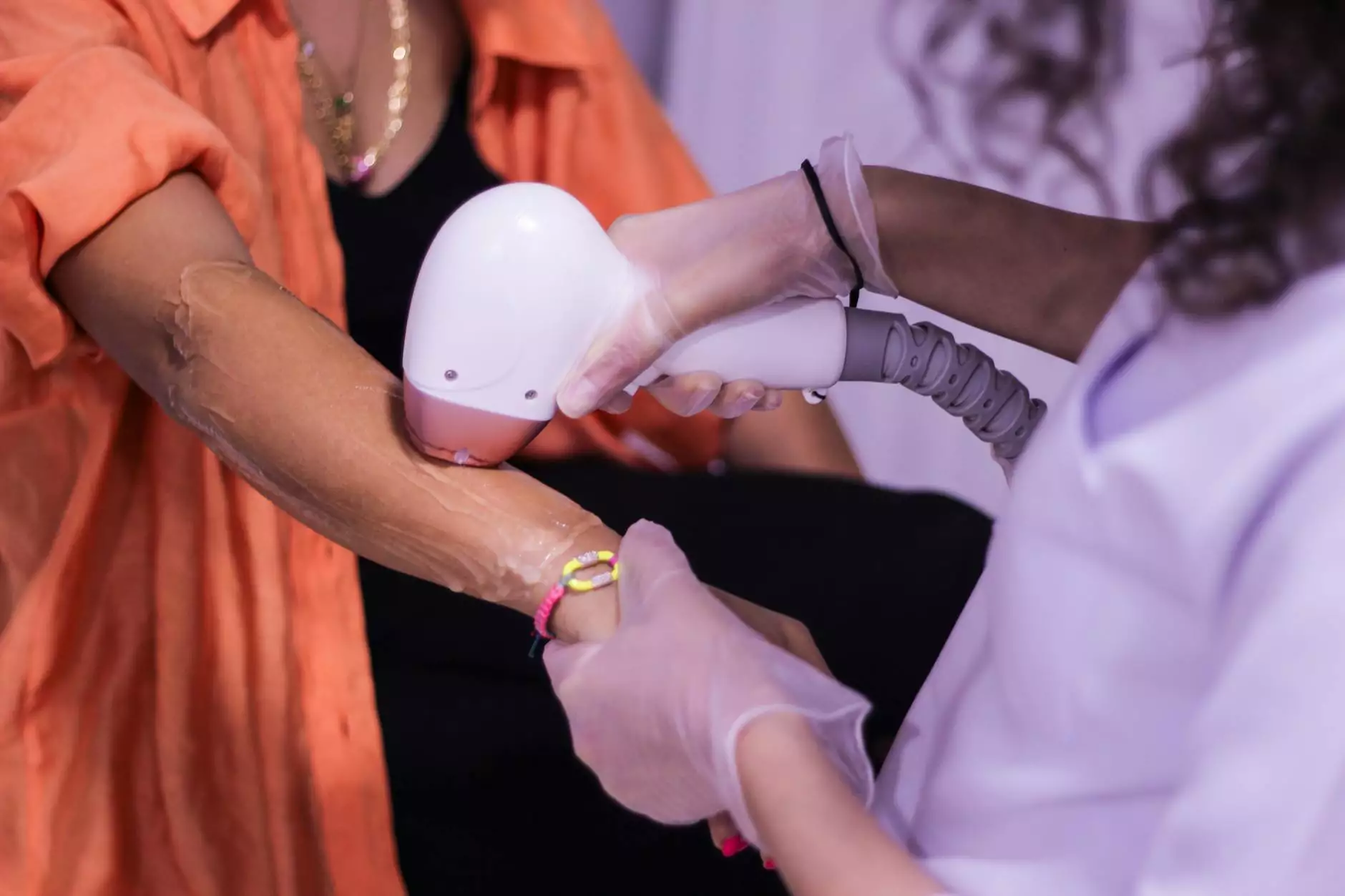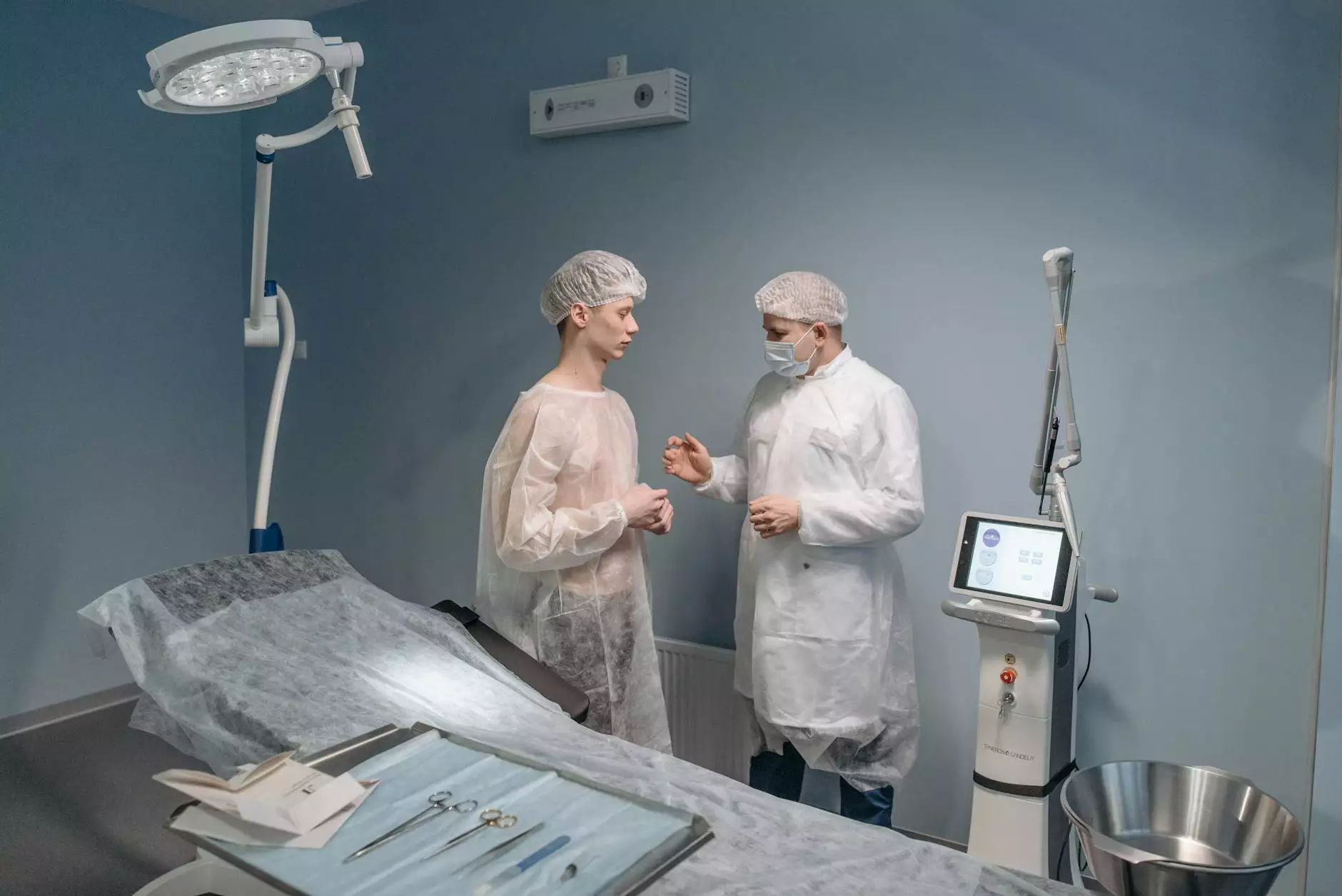Surgery Checklist Minneapolis-St. Paul

Introduction
Welcome to Foley James D MD, your trusted partner in surgical solutions in Minneapolis-St. Paul. Our team is dedicated to delivering top-quality care and ensuring a successful surgical experience. To make your surgery journey smooth and stress-free, we have curated a comprehensive surgery checklist. Follow these essential steps to prepare yourself for your upcoming surgery.
1. Consultation with Your Surgeon
The first and most important step is to schedule a consultation with your surgeon. During this appointment, you will discuss your specific surgical needs, medical history, and any concerns or questions you may have. This initial meeting allows your surgeon to evaluate your condition and determine the best course of action.
2. Pre-Operative Testing
Once your surgery is confirmed, your surgeon will likely schedule pre-operative testing. These tests may include blood work, X-rays, or other medical evaluations that will help ensure you are in optimal health for the procedure. Make sure to follow any instructions provided by your healthcare provider regarding fasting or medication adjustments before these tests.
3. Preparing for Surgery
To prepare for your surgery, there are several important steps to follow:
3.1. Arrange Transportation
Ensure that you have arranged reliable transportation to and from the surgical facility on the day of the procedure. It is advised not to drive yourself after surgery, as the anesthesia and post-operative pain medication may impair your ability to operate a vehicle safely.
3.2. Obtain Required Medications
If your surgeon has prescribed any medications beforehand, make sure to fill the prescriptions in advance. Follow the instructions provided by your surgeon and take the medications as directed.
3.3. Follow Fasting Instructions
Your surgeon or anesthesiologist will provide specific guidelines on fasting before surgery. It is crucial to follow these instructions carefully to avoid potential complications during the procedure. Typically, you will be asked to refrain from eating or drinking anything for a certain period before the surgery.
4. Preparing Your Home
Before going to the surgical facility, it is essential to make sure your home is ready for your post-operative recovery. Consider the following:
4.1. Stock Up on Essentials
Prior to your surgery, ensure you have all the necessary supplies and essentials readily available at home. This includes medications, bandages or dressings, comfortable clothing, and any assistive devices recommended by your surgeon, such as crutches or a walker.
4.2. Arrange for Help
During the initial recovery period, you may require assistance with daily tasks. Arrange for a friend or family member to stay with you or check in regularly to provide support with household chores, meal preparation, and mobility if needed.
5. Day of Surgery
On the day of your surgery, it is important to arrive at the surgical facility on time. Follow any fasting instructions given to you by your surgeon or anesthesiologist and wear loose, comfortable clothing. Make sure to bring any necessary documentation, such as insurance cards or identification, with you.
6. Post-Operative Care
After your surgery, your surgeon will provide you with detailed post-operative care instructions. It is crucial to follow these instructions closely for optimal recovery. The specifics of your post-operative care will depend on the type of surgery you underwent, but some general guidelines include:
6.1. Pain Management
Your surgeon will prescribe appropriate pain medication to manage any discomfort or pain following surgery. Take the medication as directed and contact your surgeon if you experience any unexpected side effects or concerns.
6.2. Wound Care
Proper wound care is essential for preventing infections and promoting healing. Follow your surgeon's instructions regarding dressing changes, cleaning the surgical site, and keeping the area dry and protected.
6.3. Physical Activity
During the initial recovery period, it is crucial to avoid strenuous physical activity or lifting heavy objects, as this may interfere with the healing process. Gradually increase your activity level as advised by your surgeon or physical therapist.
Contact Foley James D MD for Expert Surgical Solutions in Minneapolis-St. Paul
At Foley James D MD, we prioritize your well-being and aim to provide exceptional surgical care throughout your journey. Our surgery checklist along with our experienced team ensures that you are prepared and informed every step of the way. Contact us today to schedule a consultation and learn more about how our expert surgical solutions can meet your needs.








